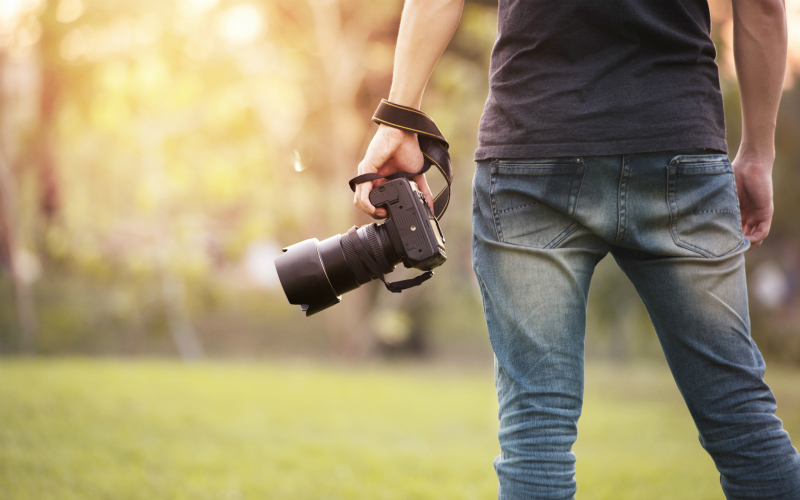
Many parts of Scotland have become familiar through use in film and television productions. Outlander has contributed significantly to tourist footfall at places like Falkland and Doune Castle and naturally beautiful places such as Skye are regularly used for filming. Urban landscapes are in demand too: Glasgow city centre’s Victorian architecture saw it used as a recreation of early 20th century USA in Patrick Melrose last year.
Use of a site for filming is normally governed by a location agreement entered into by the landowner and a production company. These are commonly entered into with excitement and enthusiasm but there are some issues which typically need to be considered.
Practical matters - filming can involve a lot more kit and people than is visible on-screen. Filming involves long days and may require shooting in hours of darkness or at odd times of day. Vehicles, catering and other equipment may need to be brought on site and stored there for some time. Power, water and other facilities will need to be accessed or supplied.
Payment – this is usually negotiable but for any kind of intrusive filming, usually an access fee is agreed. This ought to take account of the degree of disruption, inconvenience and any actual cost incurred in making the location available.
Insurance – check whether bringing film production on site will affect existing insurance arrangements for the location and if additional coverage is required.
Modifying locations – this is often required - for example, to create a period appearance – and these will need to be set up and removed on completion. Usually the production company will expect a right to make these changes subject to their being temporary in nature and being reinstated afterwards.
Degree of access and site control - where commercial rates are paid for access to the site, it’s likely use of the facilities will be required on an exclusive basis. This means regular workings must stop and the effect of this needs to be considered. If the public right to roam is going to be impacted, local authority consent may be required.
Additional or rescheduled filming – producers often operate on very tight budgets and timescales and agreements will normally provide for arrangements to be made to adjust schedules and access times, usually by agreement.
Reputational matters - ownership or control of a filming location does not provide any right to control the intellectual property in the film material produced. The location may be portrayed entirely fictitiously or represented as a completely different place – such as the West End of Glasgow being passed off as 1940s Boston in Outlander. If this is of concern because, for example, you don’t want one of your outbuildings to feature as the scene of a grisly murder, it is worth finding out what is likely to be filmed on site before agreeing to permit filming. It’s not normally possible to expect any form of editorial or management control over the resulting content.
Confidentiality - legally binding commitments to keep confidential shoot dates, any creative details and possibly block off certain sight lines from photographers are commonly required and even if not, a degree of discretion is generally expected. There may also be restrictions on publicising the location or the use of the filming site which can apply during the filming period or an on ongoing basis. It is reasonable to ask for a specific mention in credits, although this would usually be made anyway.
With improvements being made in the quality of indoor production studios and facilities in Scotland, including the possibility of a major film studio being constructed, the value of our urban and rural landscapes as filming locations is increasing and it is likely this will continue in coming years.
Liam McMonagle is a specialist Intellectual Property, Media and Technology solicitor. We are always delighted to talk without obligation about whether we might meet your needs. Call Liam on 0131 225 8705 or email lmcmonagle@thorntons-law.co.uk
